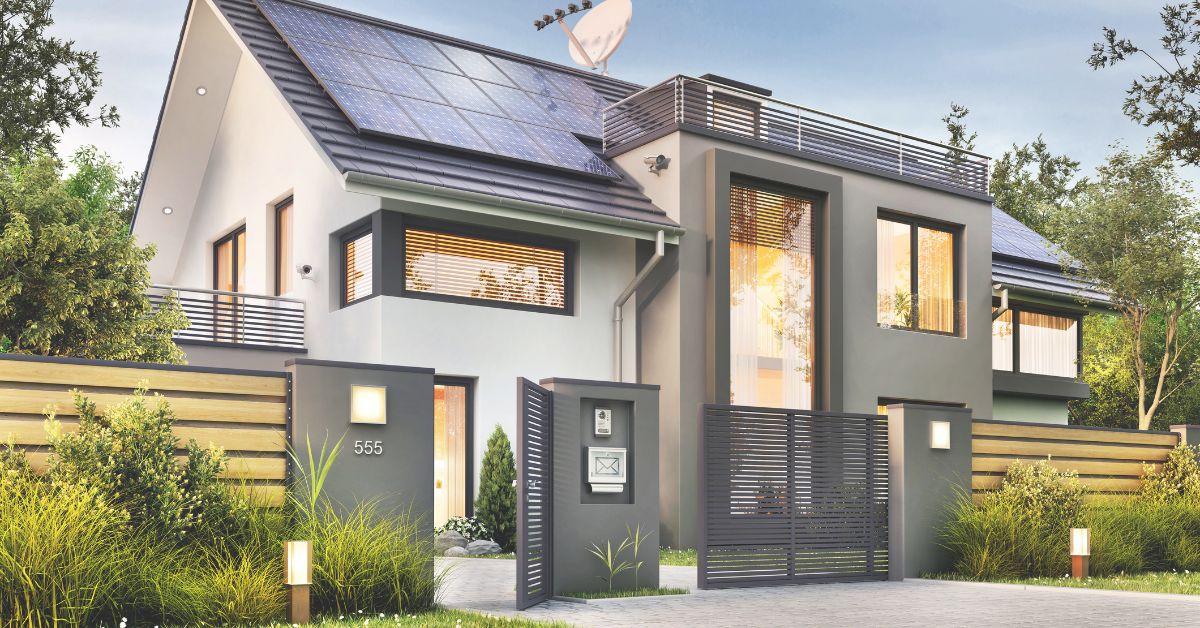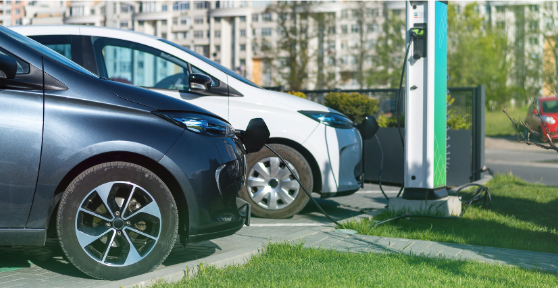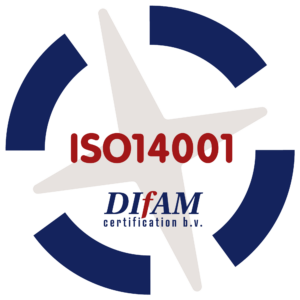The Dutch tax authorities have made some changes to the VAT rules for solar panels.
According to the Dutch tax authorities, the installation and delivery of solar panels are subject to a 21% VAT rate. However, if you are a private individual, you can deduct the VAT from your income tax if you meet specific requirements. This means that you can reclaim the VAT that you paid for your solar panel installation, reducing your overall costs.

The Dutch government offers various incentives for the installation of solar panels, including tax credits and subsidies. This has made solar panels more accessible and affordable for individuals and businesses.
This measure will encourage renewable energy adoption. One of the primary benefits of erasing taxes on solar panel purchases is that it encourages the adoption of renewable energy sources.
Solar panels and energy storage systems are an excellent way to generate and store renewable energy, and by making them more affordable, more people and businesses will be inclined to invest in them. Moreover, the cost of installation and maintenance can be significantly reduced, making solar energy more accessible to households and businesses of all sizes.
Overall, erasing taxes on the purchase of solar panels can have many benefits, from reducing energy costs to supporting the growth of a vital industry to helping reduce carbon emissions. By generating their electricity, households and businesses can become more energy independent and reduce their vulnerability to power outages and disruptions in the grid.






